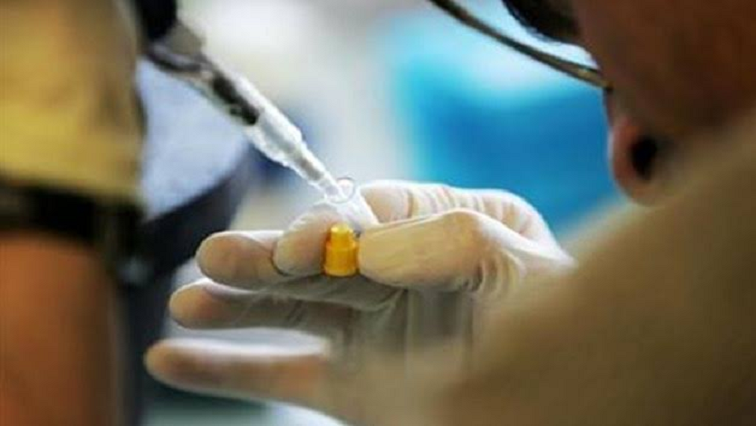Intellectual property and access to life-saving medicine go hand-in-hand, and in South Africa, this is clearly seen in cancer treatment. The country’s legislation is considered to be amongst the strictest in the world, therefore pharmaceutical companies have monopolised the South African market.
In some cases, it means that patients have to pay tens of thousands of rands for the original product because generics are not allowed in the country, under any circumstances.
Medicine South Africans cannot afford costs the same as cigarettes in India, where laws are much more flexible.
South Africa’s laws in this regard, are in the process of being amended. In the meantime, patients suffering from Myeloma Cancer have to pay around R62 000 per month for Lenalidomide. It helps to suppress the spread of cancer, giving patients a longer life.
In Bangalore, India, Dr Sridar, a radiologist at the cancer treatment facility Healthcare Global Enterprises says cigarettes cost 7 000 rupees (R1400) in India.
“So it’s the cost of cigarettes now, it’s 7 000 rupees. When it comes to different countries, everyone has their own regulations. I don’t want to get into that, but what I’ve seen in SA, a lot of medication isn’t available.”
Dr Sridar the company’s representative to Africa and has treated dozens of desperate South Africans in India. He says many other forms of treatment in India are cheaper than in South Africa.
“Retaxomad and Bedamistine has become very cheap. With Retaxomab, I remember ten years back, ten patients come to you and not even one of them can afford it. All these drugs are lifesaving drugs and it actually makes a lot of difference for the patient’s survival, as far as cancer-progression is concerned. Redease is one of the companies who started Retaxomab biosimilar drugs, and afterwards lots of companies came up. Now at least 80% of my patients can take these drugs.”
The head of the Cancer Alliance’s Access Campaign, Salome Meyer, says after years of struggling, there is still no movement in the access to Lenalidomide. She says she was astonished when she hears about the price of Lenalidomide in India.
“I think for some people, that’s the same amount you’d pay per month for alcohol or cigarettes. It’s indescribable actually, that’s all I can say.”
Meyer says various elements have to be considered when it comes to accessibility.
“In the first place, legislation; to see what can be done about patent laws. The second element is the Competition Commission and to see what they are doing. The third element is the Medicine Board, to see what can be done to allow the registration of generics for Lenalidomide in South Africa.”
Meyer says many medicines are accessible via imports through Section 21, but it does not apply when the product is registered in the country.
“Many medicines are accessible through Section 21. It provides access to generic products that aren’t registered in South Africa, via imports. But when the product is registered in the country, section 21 expires, and that’s when that medicine becomes so expensive. I’ve even heard about plans to register other medications for the treatment of Myeloma cancer in the same way as Lenalidomide.”
According to Doctors Without Borders, these amendments are expected to be implemented in 2021. Meyer says they’ll continue applying pressure.
In Bangalore, the estimated use of generics at the hospital visited by the SABC team, ranges between 70% and 80%. Dr Sridar says generic medicine in India has revolutionised healthcare.
“India is one of the largest healthcare countries in the world, where we are seeing that generic medicine has revolutionised. I’m very promotive of generics because accessibility to the general public becomes more. It has its own problems, but efficacy has been proven beyond doubt, except for 1%-2%; it’s definitely the equivalent.”
Dr Sridar warns that quality cannot be compromised for the sake of affordability.
“We play with volumes. With capacity utilisation it becomes a viable project. But if the government pitches in and says ‘we want to reduce the cost,’ it will probably affect new developments in the longer run. But a lot of common people will get easier healthcare. I have my own objections because making healthcare free, I don’t think one should do it; nothing comes free in life.”
Meyer says they are still trying to establish a relationship with the relatively new Health Minister, Dr Zweli Mkhize.
“We’ve communicated with him about specific medicines that exist, but aren’t available in the country at all. We’ve also communicated the issue around Lenalidomide and patent laws, but we haven’t received a response yet.”






